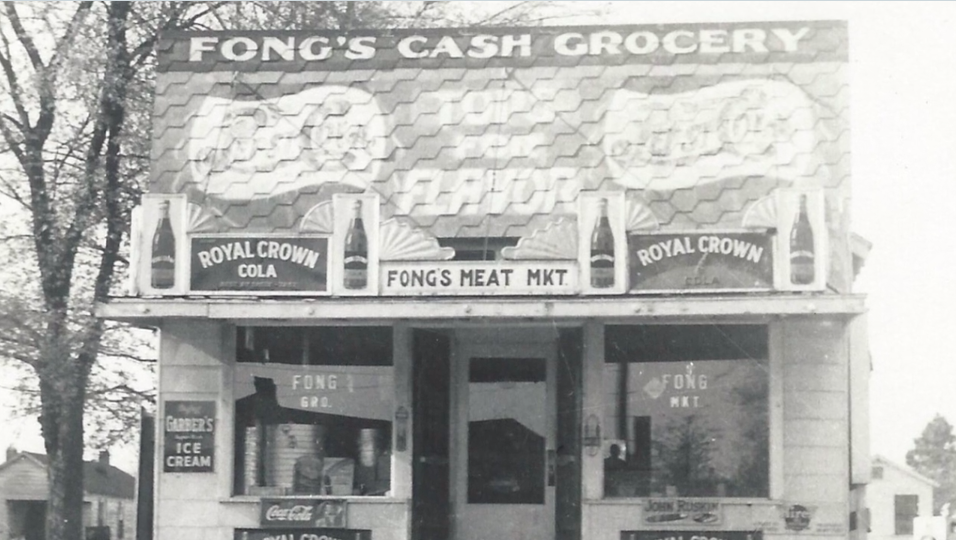
Since the late-1800s, a small population of Chinese Americans has resided in the Mississippi Delta, along with similar communities in the Arkansas Delta and also in Memphis, Tennessee.
Neither black nor white, Chinese Americans in the South faced an interesting historical legacy where assimilation was never really a viable choice. Instead, they created communities with an economic pathway as middlemen, being able to serve both black and white customers during the Jim Crow era.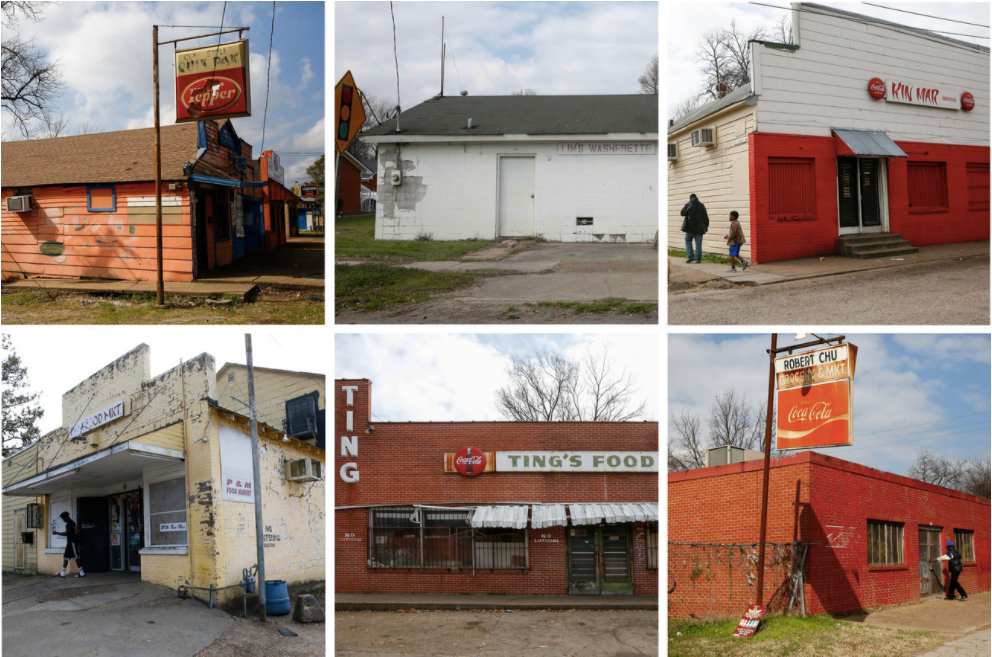
In “The Untold Story of America’s Southern Chinese” there is a jarring but pleasant moment when members of the Mississippi Delta Chinese speak in their native syrupy southern drawl. “Your English is so good!” is a comment that has no place here, with accents as American as apple pie. “The Chinese face with a Southern Accent throws people off,” the NPR series “Our Land” reports. Many respond to this community with looks of shock and awe.
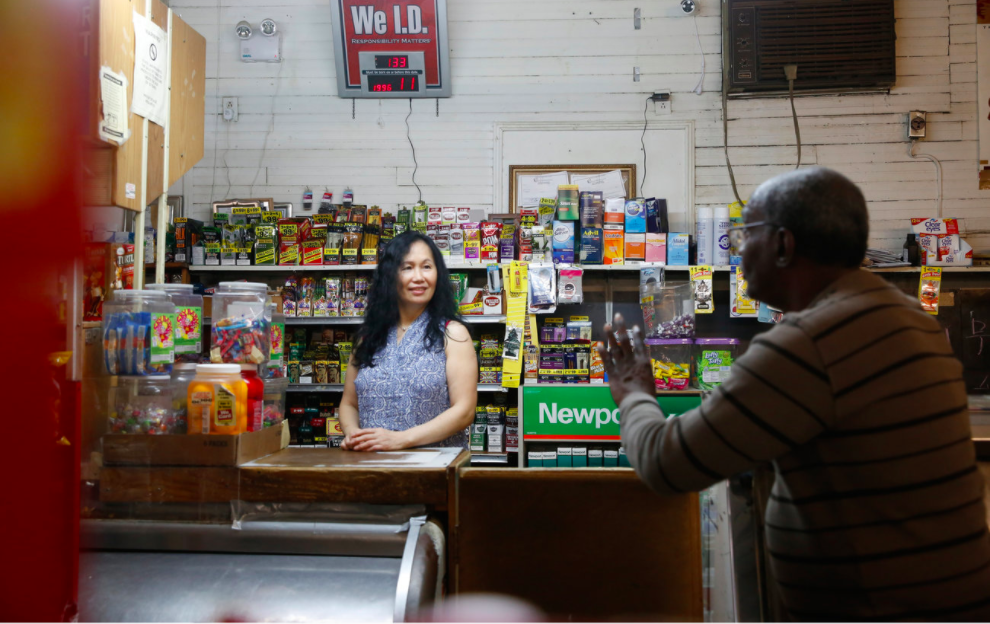
And, like with the rest of the United States, the heart of the Chinese American experience in the South has been food. Grocery stores were the first and most prominent form of business that Chinese Americans were able to able to establish for themselves in their communities in the South.
Later on, in addition to grocery stores restaurants were also opened. But the grocery stores remain defining for the Southern Chinese American experience. For many second-generation Chinese Americans, whole childhoods were spent helping out at their parents’ grocery store and not fitting quite yet with the rest of their peers.
In a string of video interviews with Chinese Americans in the Arkansas Delta, Jeu Foon, an electrical engineer, recounts the times throught his youth when he had to help out his parents, starting when he was 5 or 6 years old “counting money, cutting baloney“.
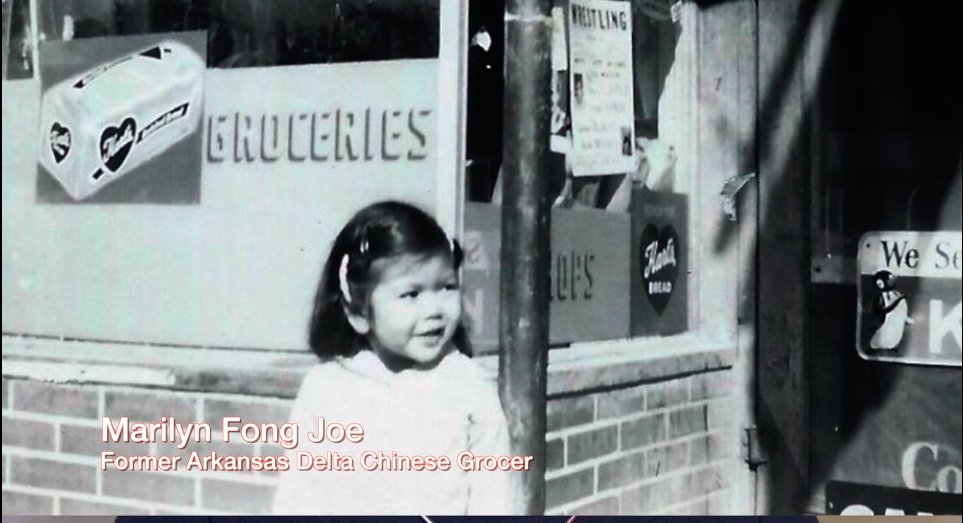
But what is also notable about these parents were their expectations for their children to go on to college and head into different professions, becoming a doctors, engineers, or lawyers.
Marilyn Fong Joe recounts the pressure to maintain good grades on top of helping out at the store. First generation Chinese Americans seemed to share a vision where the work they had to do in the States was for the sake of the next generation, who were expected to live a different life than their parents.
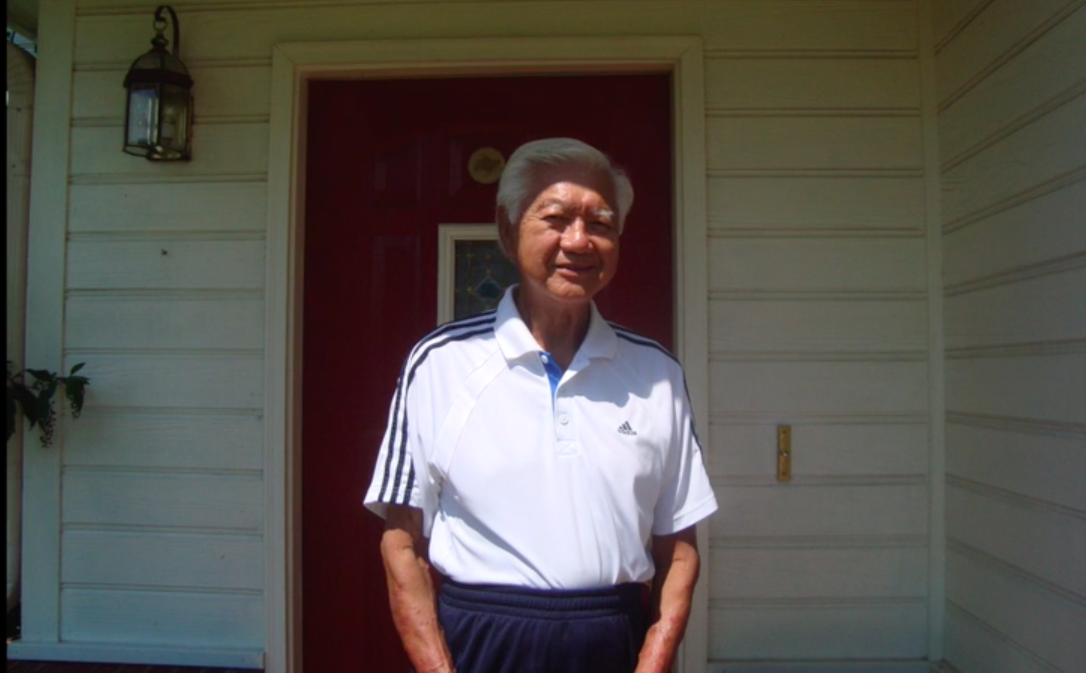
Luck Wing of Jonestown, Mississippi, was in fact one of the first Chinese men to attend University of Mississippi, which he discusses in an interview here. His father supported him and expected him to attend college so that he might pursue a different career than running the family grocery store.
Luck went on to open Mississippi’s only Chinese-run pharmacy in Sledge and also became the mayor of the town.
The history of Chinese Americans and Asian Americans at large is long and complex, deserving of multiple thorough explorations. Even with a niche subject like this, I have only covered the tip of the iceberg.
If you are interested in finding out more, a good place to start would be this article about Asian Americans Then and Now, which gives a brief overview of the this and opens up questions worth asking about their experience and their identity now.
[zombify_post]


0 Comments